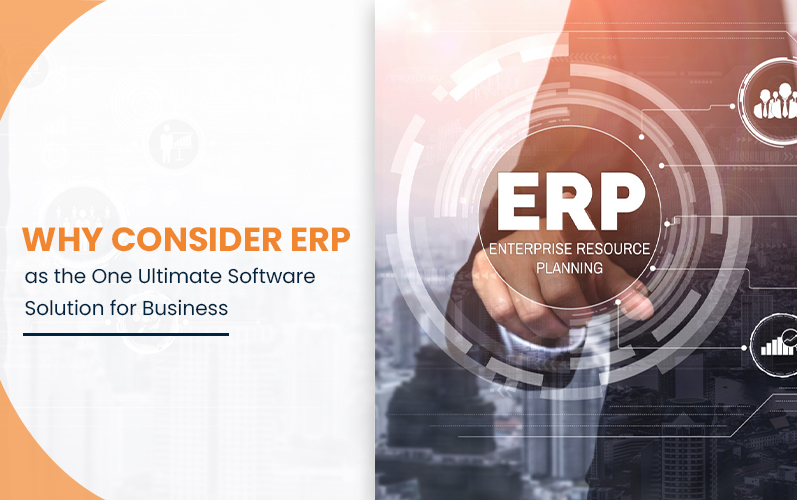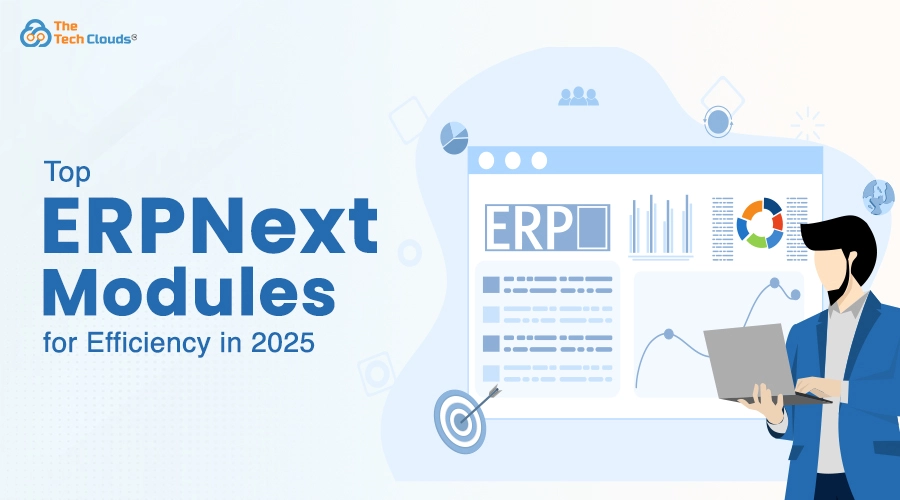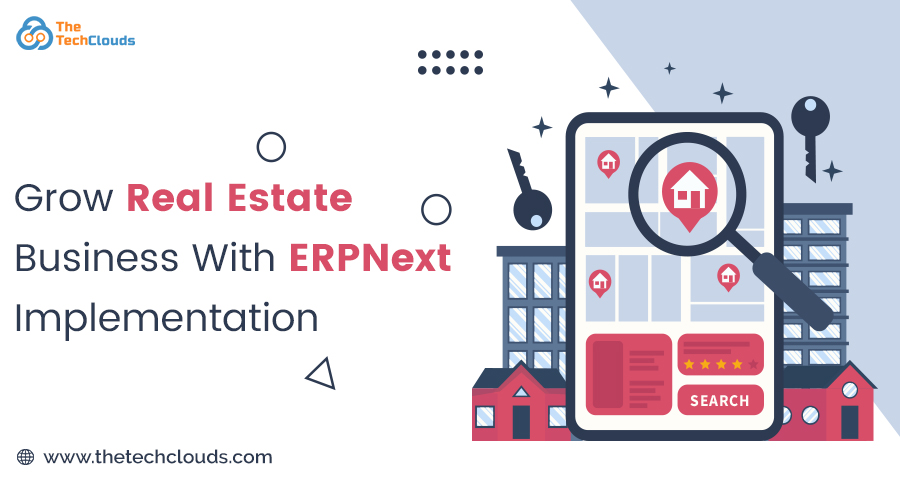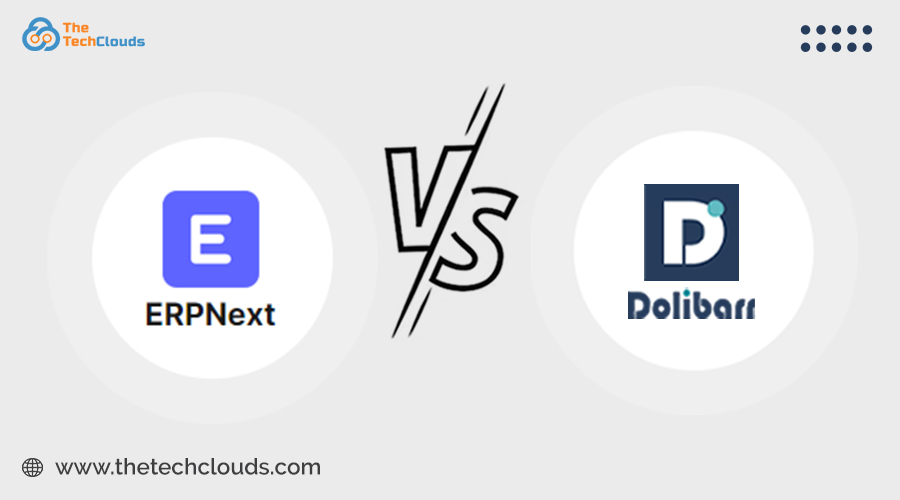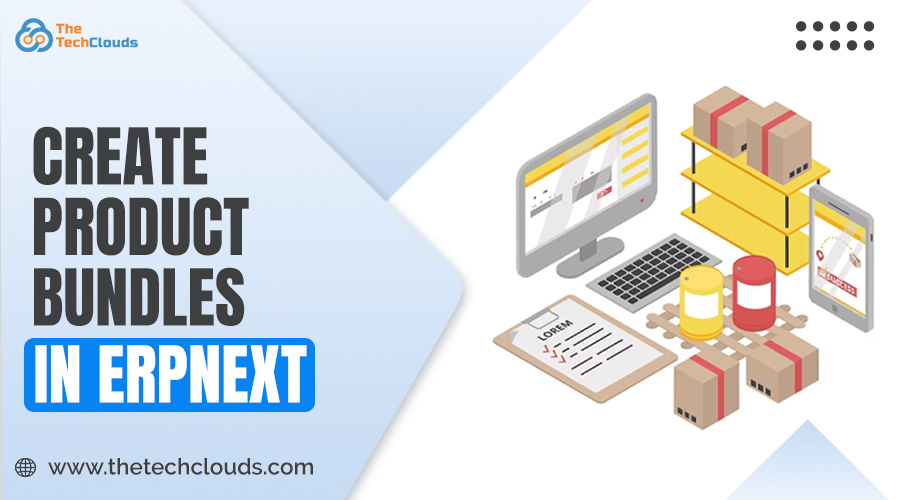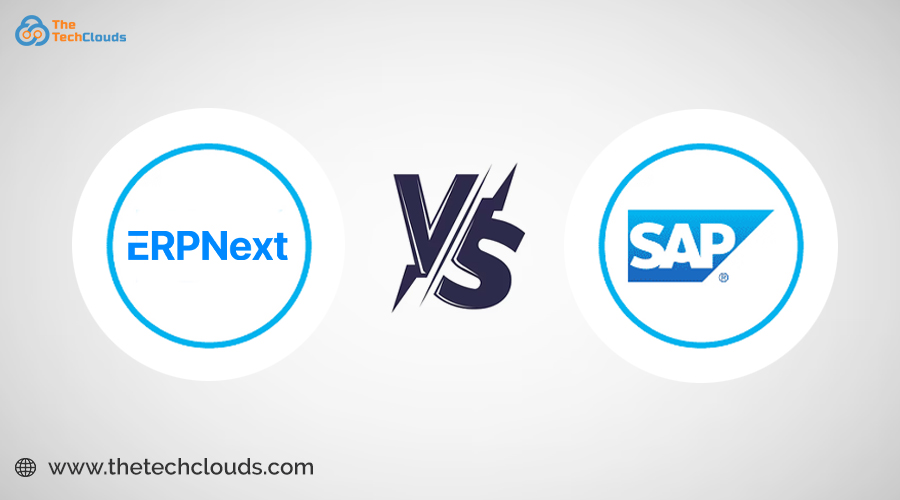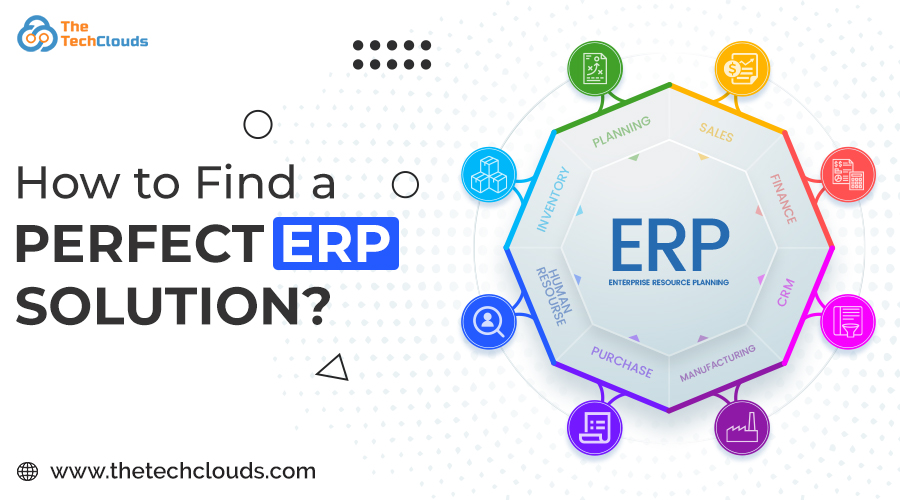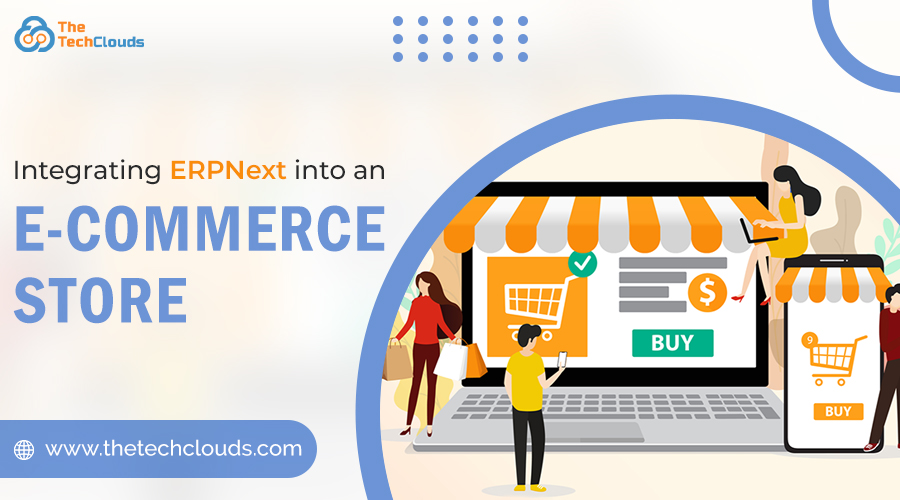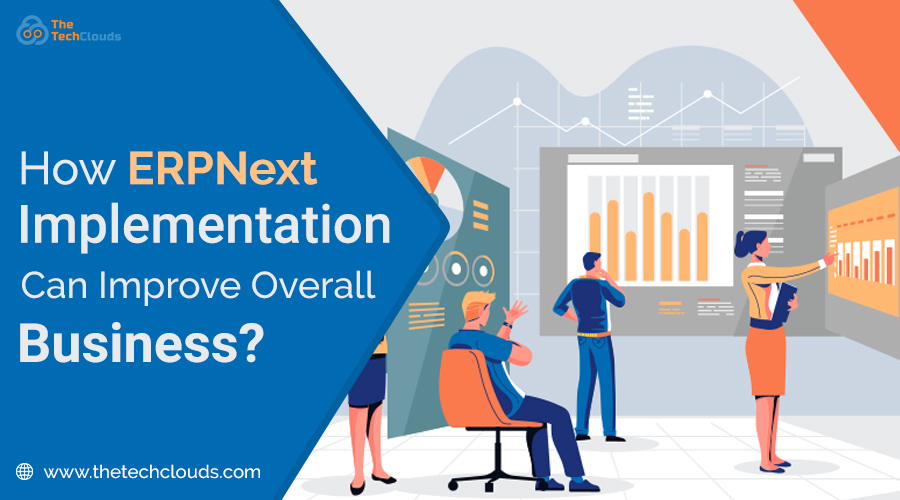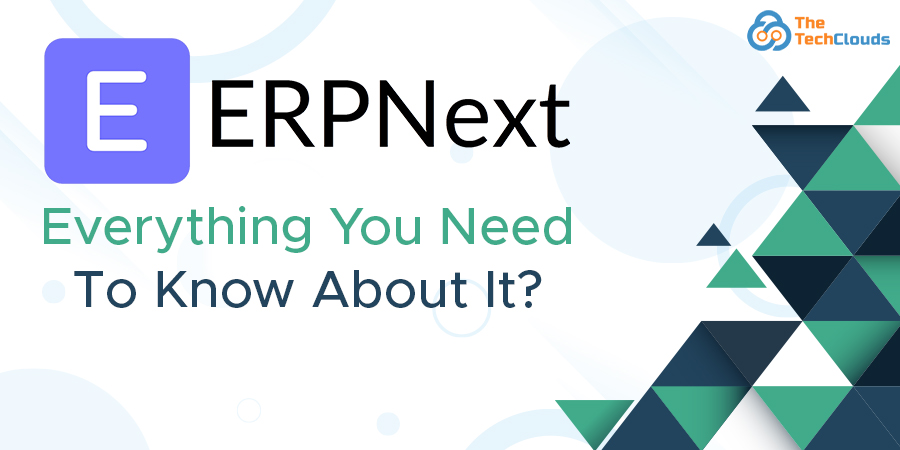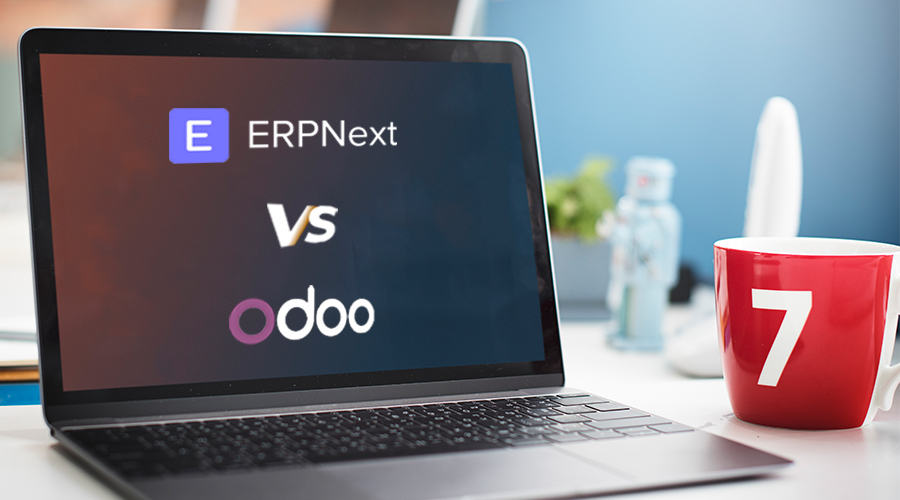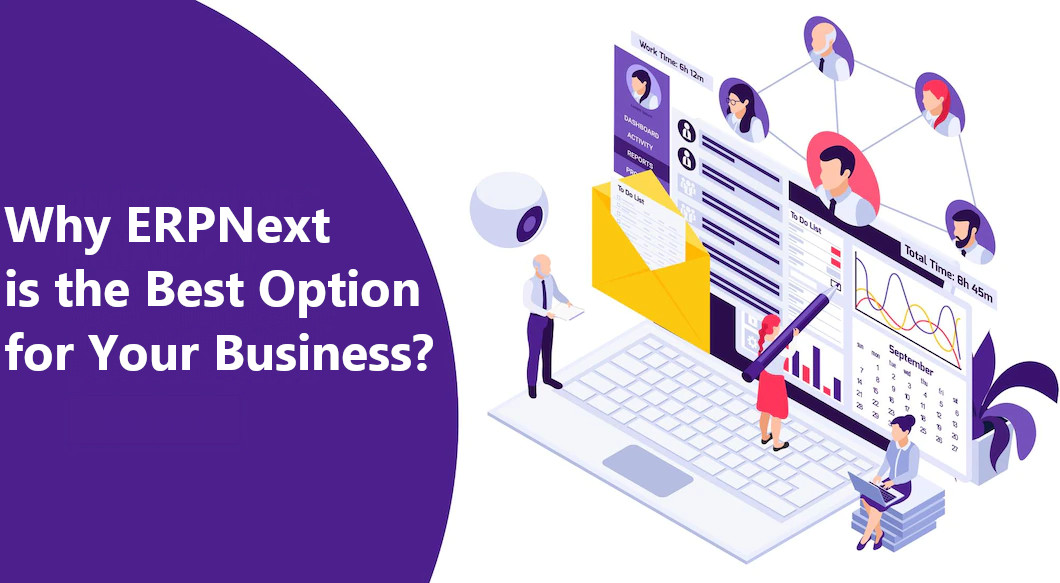Are you suffering from the software blues? That frustrating experience where technology, instead of simplifying your operations, adds more complexity. Whether you're managing internal operations or scaling Ecommerce Development, having the right software can make all the difference. And that’s exactly where a reliable ERPNext service provider comes in.
You’re striving for efficiency, agility, and cost-effectiveness — yet you’re burdened by disjointed tools that don’t communicate. If technology feels like a roadblock, chances are you’re using the wrong software.
Let’s be clear: in most businesses, efficiency and profitability are inseparable. The ability to complete tasks quickly, accurately, and with minimal waste is what separates thriving businesses from those just getting by.
Optimizing your business to eliminate inefficiencies is an ongoing goal. For many organizations, this means ditching generic software in favor of integrated, customizable ERP systems. To achieve long-term success, you need a unified software solution that streamlines operations across the board.
Modern businesses rely on multiple departments working in harmony to push growth forward. These typically include:
• Finance & Accounting
• Payroll and Human Resources
• Manufacturing
• Operations
• Purchases and Sales
• Customer Relationship Management
• Projects
With a powerful Enterprise resource planning (ERP) system like ERPNext, each of these functions can operate in sync, eliminating silos, reducing manual errors, and offering real-time visibility into your business performance.
If you’re ready to transform your business with automation, transparency, and scalability, it’s time to consider ERP as your one ultimate software solution.
Explore The Top 16 Benefits of ERP System
The advantages of an Enterprise resource planning (ERP) system are many, which mainly vary from business to business. A business can choose ERP system for various reasons like streamlining operations, boosting productivity or driving the smarter decision-making process in every department of your business.
Here are the top 16 benefits documented that show how conducive an ERP system is for your business.
1. Perpetual Advancement-
In the present scenario, many businesses show a paradigm shift towards ERP Next System to optimize their operations, alter their old-school business models and processes, and institute new potential. The ERP system magnifies the accounting processes and shows explicit results in maintaining business partners and networks.
2. Operational Efficiency
An ERP system boosts efficiency by automating workflows and centralizing data. It helps businesses identify inefficiencies like a manufacturer with a 20% margin discovering high labor costs on two products. After automating production, margins rose to 25%. This illustrates how ERP streamlines processes, reduces expenses, and increases profits, delivering measurable results across operations.
3. Reduced Expenses-
Using a subscription-based model, you can eliminate the need for large upfront investments in hardware or ERP solutions. With ERP for business management, ongoing expenses for IT support and staffing are also minimized, as maintenance and system upgrades are managed by the service provider. This approach can lead to substantial cost savings, especially when opting for a public cloud ERP deployment.
4. Streamlined Operations and Intelligent Automation-
Modern ERP solutions allow businesses to unify outdated, standalone software, harmonize and connect to both current and future applications, and eliminate fragmented systems. This integration enables organizations to refine internal workflows, automate routine tasks with intelligence, and unlock greater efficiency throughout the enterprise.
5. Enhanced Features and Continuous Innovation-
ERP service providers consistently roll out upgraded features and system enhancements to all users through routine updates, along with several major releases annually. Since these improvements are deployed simultaneously across all clients, there’s no lag in access to the latest tools. Additionally, when multiple users share similar needs, they can collectively influence the provider’s roadmap. This leads to quicker innovation and more adaptive development.
6. Open-Source Flexibility
Open-source ERP solutions offer unmatched flexibility and customization options for businesses that want full control over their systems. With access to the source code, companies can tailor features to meet unique operational needs without vendor restrictions. These systems are often more cost-effective. Ideal for startups and SMEs seeking scalable ERP platforms without heavy licensing fees while still benefiting from community support and ongoing improvements.
7. Enhanced Operational Visibility
An ERP system offers company-wide transparency, allowing teams to access real-time insights across departments. With full context, managers make smarter, quicker decisions like avoiding overstock by viewing pending purchase orders. This visibility reduces information gaps, boosts individual performance, and cuts time spent tracking data, ultimately supporting more efficient, coordinated, and accurate business operations.
8. Advanced Capabilities and Faster Innovation-
Ultra-modern ERP for business management offers continuous updates and frequent major releases, ensuring all users access the latest features simultaneously. This eliminates delays from custom system upgrades. When users share similar needs, vendors respond quickly, accelerating improvements. The result is a faster, more responsive innovation cycle that keeps your business ahead with cutting-edge functionality.
9. Instant Intelligence and Data-Driven Decisions
Next-generation ERP platforms are designed to tap into Big Data, revealing valuable insights hidden within vast and intricate datasets. Unlike traditional ERP solutions, which offer basic reporting, real-time analytics are important. This real-time visibility enables smarter decisions, identifies emerging patterns, anticipates shifts, streamlines operations, and significantly boosts how effectively resources are used all while elevating the customer experience.
10. Smart Technologies for Enhanced Efficiency
Modern SaaS ERP systems now embed advanced tools to boost operational efficiency. These include artificial intelligence (AI), machine learning, robotic process automation (RPA), and the Internet of Things (IoT), enabling connected devices to transmit real-time data to cloud applications. Among the key benefits of ERP in business is this smart integration, which drives faster insights, better decisions, and streamlined processes.
11. High-Grade Protection
Advance ERP platforms entrust data protection, system backups, and disaster recovery to dedicated cybersecurity professionals. These providers typically offer top-tier security measures, unlike traditional on-premises systems, which are more prone to breaches in mid-sized and large organizations. ERP Next solutions minimize integration gaps and eliminate weak spots often found in multi-vendor setups, ensuring a safer, more unified, and resilient business environment.
12. Seamless Collaboration
An ERP system enhances teamwork by providing shared access to data across departments. With aligned visibility, employees communicate better, prevent duplicated efforts, and optimize daily tasks. This integrated approach breaks down silos and improves coordination. When paired with custom software development services, ERP systems become even more tailored, further strengthening collaboration and drive smarter, unified business operations.
13. Fast Implementation
Implementing an ERP system can be efficient with proper planning and vendor support. While it may involve installing software on existing infrastructure, structured deployment phases and expert guidance help streamline the process. Configurable modules and user-friendly design contribute to quicker adoption. Among the key benefits of ERP in business is reduced onboarding time, allowing teams to become productive faster and respond swiftly to market opportunities.
14. Accurate Forecasting
An ERP system consolidates historical data to deliver precise predictions of future sales, expenses, and demand. With better forecasts, businesses can prepare strategically whether to increase inventory for a 30% sales rise or manage costs efficiently. Combined with Web Development, these insights support smarter resource planning, boosting profits while minimizing unnecessary spending.
15. Scalable Capacity
Since business expansion can be unpredictable, having a scalable ERP system is essential. Traditional ERP systems allow companies to upgrade infrastructure, expand user access, or integrate new modules as needs evolve. While this may require additional investment, it ensures the system can support increasing demands over time, offering a sustainable path for long-term growth and operational continuity.
16. Better Customer Service
An ERP system enhances customer service by centralizing data. Contact details, purchase history, and support records, enabling quicker and more tailored responses. It also improves order accuracy and inventory visibility, ensuring timely and correct deliveries. These improvements reduce errors, build trust, and increase satisfaction, helping businesses stand out and encouraging customer loyalty through consistently reliable service.
Summary
Many SMEs still rely on outdated software because they believe ERP systems are costly. However, that’s changing. Today, affordable ERP solutions enable SMEs to manage their entire business with a single, integrated platform. Curious why an all-in-one ERP system is essential? TTC offers tailored ERP solutions designed to simplify operations and drive growth. Stay tuned to learn more!
Contact TTC soon and transform your business operation with the power of ERP Software!


